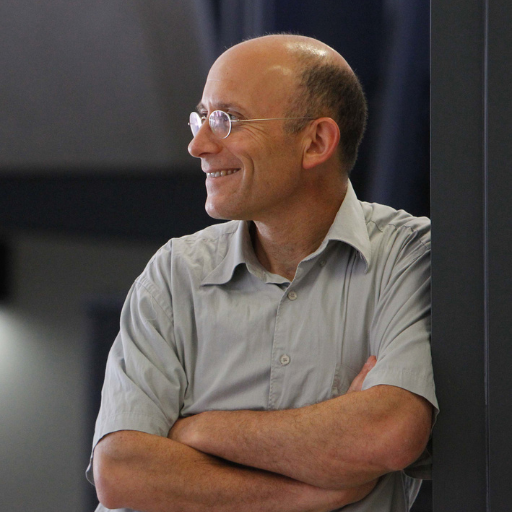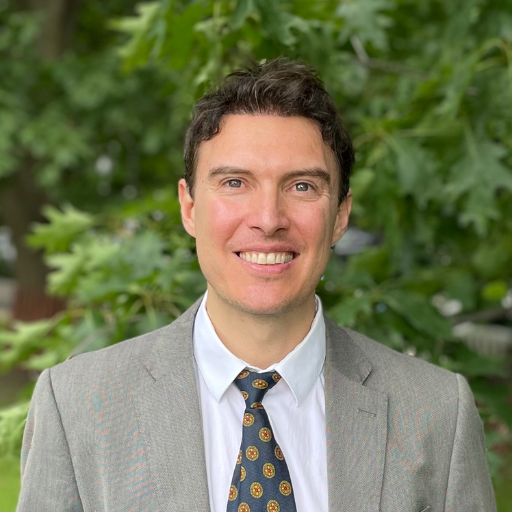A Novel Test for Alzheimer’s Disease Based on DNA Circulating in Blood

About the Research Project
Program
Award Type
Standard
Award Amount
$300,000
Active Dates
July 01, 2022 - June 30, 2025
Grant ID
A2022035S
Acknowledgement
Goals
We propose to establish a novel type of blood test, based on circulating DNA fragments, to identify and monitor brain cell death in in patients developing Alzheimer’s disease.
Summary
Aim 1: to establish a method for sensitive and specific detection of DNA derived from Alzheimer’s disease-relevant tissues, using DNA methylation patterns. Aim 2: to determine baseline levels of brain, vascular and immune cell-free DNA in the blood of 300 healthy volunteers, ages 50-80. Aim 3: to determine levels of Alzheimer’s disease-relevant DNA markers in the blood of healthy donors (n=150) patients with Alzheimer’s disease (n=150) as well as people with mild cognitive impairment who have (n=75) or haven’t (n=75) developed dementia in the 2 years that followed blood drawing.
Unique and Innovative
Diagnostic medicine is being transformed by liquid biopsies, which monitor fragments of cell-free DNA (cfDNA) released from dying cells to blood. We have developed an approach for detecting the tissue origins of cfDNA molecules, using cell type-specific DNA methylation patterns, which are a stable and universal mark of cell identity. This opens the way for liquid biopsy detecting cell death in specific cell types, including brain, additional Alzheimer’s-relevant tissues such as the vasculature, and inaccessible processes such as brain inflammation.
Foreseeable Benefits
The long-term outcome of the project will be a novel, sensitive and specific blood test for assessment of cell death in the brain and additional tissues relevant for Alzheimer’s disease. This will bring us closer to a blood test that can reliably detect Alzheimer’s disease in its earliest stages.
Grants
Related Grants
Alzheimer's Disease Research
Neurostimulation to Improve Depression and Memory in Dementia
Active Dates
July 01, 2024 - June 30, 2027

Principal Investigator
Davide Cappon, PhD
Current Organization
Hebrew Rehabilitation Center
Alzheimer's Disease Research
Unfolding Alzheimer's Tau Therapies: Near- and Long-Term Approaches
Active Dates
July 01, 2023 - June 30, 2026

Principal Investigator
Paul Seidler, PhD
Current Organization
University of Southern California
Alzheimer's Disease Research
Imaging Probes for Precision Medicine in Alzheimer's Disease
Active Dates
July 01, 2022 - June 30, 2024

Principal Investigator
Sahil Sharma, PhD
Current Organization
Memorial Sloan Kettering Cancer Center



